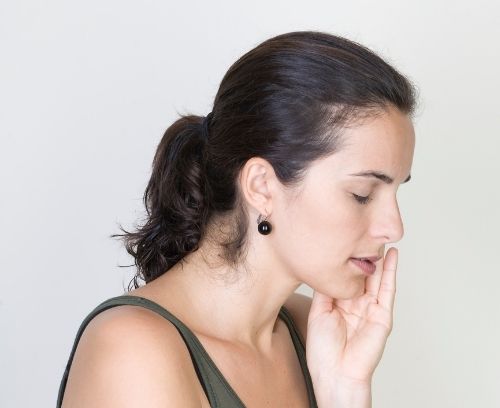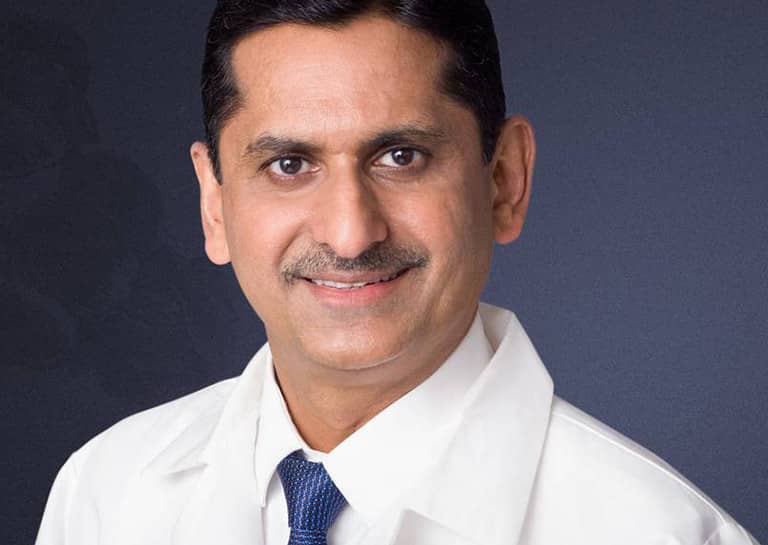
Also, I have sleep apnea and use a CPAP machine. Somehow, I feel that the CPAP increases the sensitivity in the tooth because when I wake up in the morning, my teeth hurt. Is this possible? Can you tell me if a root canal and crown are my only option or if replacing the filling might help? Thanks. Shriya from Atlanta
Shriya,
Thank you for your question.
Dr. Thomas would need to examine your tooth to determine the exact cause of sensitivity. But we can provide some helpful information.
Sensitivity After a White Filling
A tooth can be sensitive after placing a white filling. Sometimes, it is best to give the tooth time to recover because preparing the tooth for the filling might irritate it. The more you do to the tooth, the more it can become irritated. Instead of getting a new filling, it might be best to wait a few weeks to see if your symptoms improve.
Another possibility is that bacteria from tooth decay can penetrate the tooth pulp and cause irritation and sensitivity. If your symptoms increase, you may need root canal treatment.
Is Your CPAP Machine Increasing Sensitivity?
Wearing a continuous positive air pressure (CPAP) machine can treat sleep apnea by ensuring constant airflow while asleep. But many people with sleep apnea also grind their teeth. According to the American Sleep Association, nighttime teeth grinding is the third most common sleep disorder. Grinding your teeth at night can increase sensitivity.
Some patients wear a CPAP mask and a nighttime mouthguard to protect their teeth from the forces of clenching and grinding. Or an oral appliance that moves your jaw forward to increase your airflow can help reduce teeth grinding.
Ask your dentist if she sees signs of wear on your teeth from grinding them. Your dentist may need to have a custom nightguard made to protect your teeth.
Dr. Siny Thomas, a Sugar Land, Texas dentist, sponsors this post.


